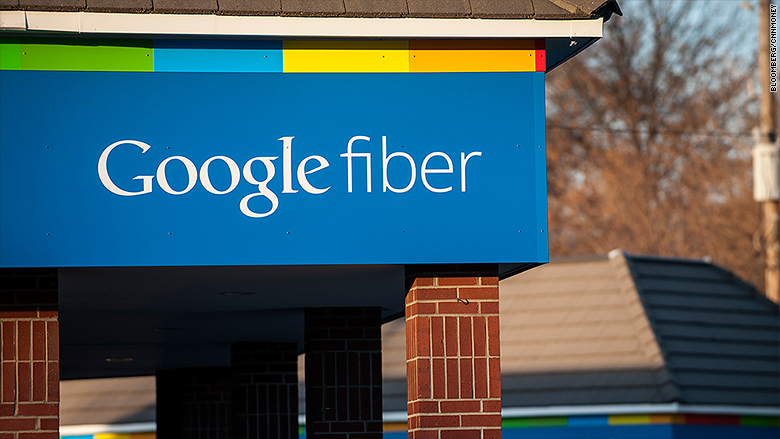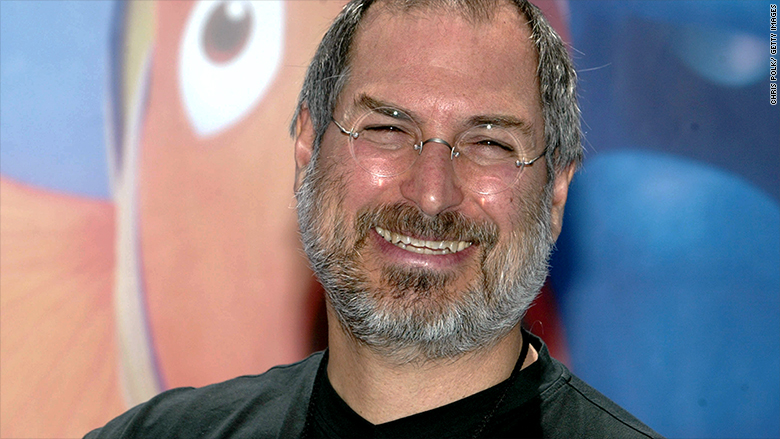Erasing GPS Data From Photos
When you take a photo, the phone’s camera can record all kinds of technical details about the image, which are stored in the file’s EXIF(Exchangeable Image File Format) data. Along with any location information embedded by a phone or camera, the EXIF data can include a wealth of facts about the image, including the date and time it was taken, the camera’s settings and the model of camera used.
To get started, right-click on one of the picture files you want to scrub and choose Properties from the contextual menu. When the Properties box opens, select the Details tab. At the bottom of the box, click the link for “Remove Properties and Personal Information.” In the Remove Properties box that appears, you can choose to create a copy of the photo that wipes as much information as possible from the file. You can also opt instead to use the original file and delete data selectively.
If you stick with the original file, go down the list of properties in the box and select the information you want to remove from the file. Click the O.K. button when you are finished.
Repeat the process for each photo you want to edit. If you have a large number of pictures to change, third-party EXIF-editing programs may help speed things up. Mac users can find similar software, like Exif Remover and other data-stripping tools available around the web.
















